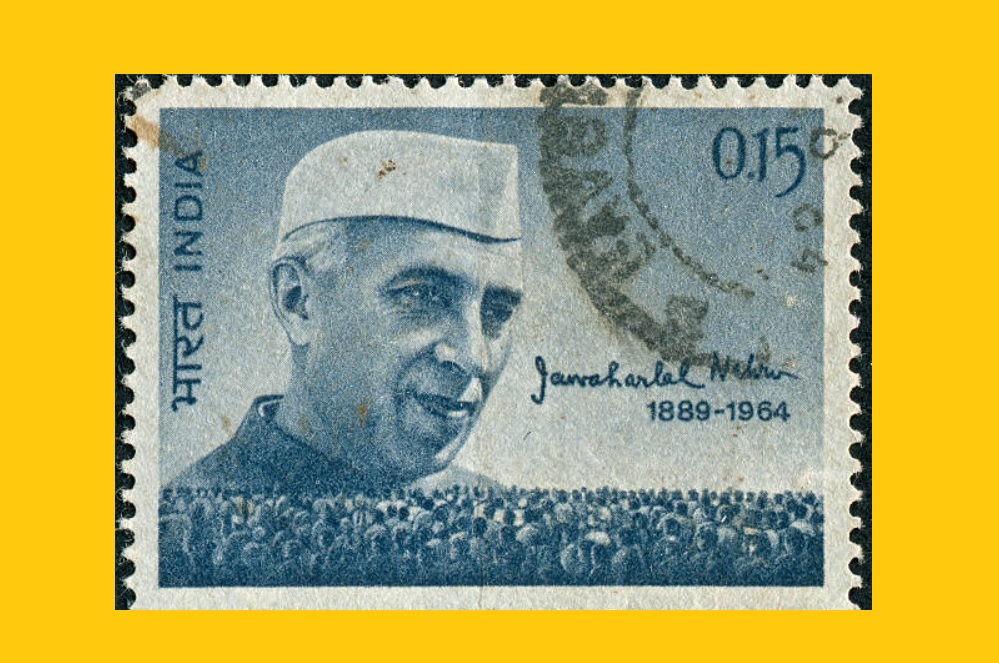Jawaharlal Nehru: The Architect of Modern India
Introduction: Jawaharlal Nehru, affectionately known as “Pandit Nehru,” was a towering figure in India’s struggle for independence and the subsequent nation-building process. Born on November 14, 1889, he was a visionary leader, statesman, and the first Prime Minister of independent India. Nehru’s leadership, intellectual prowess, and commitment to democratic values played a pivotal role in shaping the nation’s destiny.
Early Life and Education: Nehru was born into a privileged family and received a high-quality education. He studied at Harrow and Cambridge, where he was exposed to liberal and socialist ideas that would shape his future political beliefs. Influenced by Mahatma Gandhi’s philosophy, he joined the Indian National Congress and actively participated in the fight for freedom.
Role in India’s Struggle for Independence: Nehru’s passionate commitment to India’s freedom movement was evident from his active involvement in various national campaigns. He advocated for non-violence, civil disobedience, and peaceful protests as effective tools against British colonial rule. His leadership during the Civil Disobedience Movement and his incarceration for his beliefs exemplified his dedication to the cause.
Architect of Modern India: As India achieved independence in 1947, Nehru took on the responsibility of guiding the nation through the tumultuous process of nation-building. His tenure as Prime Minister from 1947 to 1964 was marked by a dedication to modernization, social justice, and secularism. His policies aimed at fostering economic growth, industrialization, and the establishment of democratic institutions.
Institutional Reforms and Economic Policies: Nehru recognized the need for strong institutions to support the democratic framework of the country. He played a key role in drafting the Indian Constitution, which enshrined the principles of equality, justice, and fundamental rights. His economic policies, known as the “Nehruvian model,” emphasized state-led industrialization and mixed economy, with an emphasis on planned development.
Education and Scientific Temper: Nehru believed that education was the cornerstone of progress. He championed the establishment of premier institutions like the Indian Institutes of Technology (IITs) and the Indian Institutes of Management (IIMs). His commitment to fostering a scientific temper led to the establishment of the Council of Scientific and Industrial Research (CSIR) and the Indian Space Research Organization (ISRO).
Foreign Policy and Non-Alignment: Nehru’s foreign policy was characterized by the principles of non-alignment, which aimed to maintain India’s sovereignty and independence in global affairs. He advocated for peaceful coexistence, disarmament, and the resolution of conflicts through diplomacy. His leadership in the Non-Aligned Movement gave India a prominent voice on the international stage.
Champion of Social Justice: Nehru was deeply committed to social justice and the upliftment of marginalized sections of society. His policies focused on land reforms, agrarian development, and the empowerment of rural communities. He believed that economic progress must be accompanied by social equity to ensure a just and inclusive society.
Legacy and Critiques: Nehru’s legacy is complex and multi-faceted. He is celebrated for his role in shaping India’s democratic institutions, advocating for secularism, and laying the foundation for modern industrialization. However, he also faced criticism for certain policy decisions, including his handling of the Kashmir issue and the early years of planned economic development.
Conclusion: Jawaharlal Nehru’s contributions to India’s freedom struggle and nation-building are immense. He was a visionary leader who combined intellect with empathy and statesmanship with a deep commitment to social justice. His legacy lives on through India’s democratic framework, scientific institutions, and global diplomatic engagement. As the architect of modern India, Nehru’s ideals and principles continue to guide the nation’s journey towards progress, inclusivity, and unity in diversity.

